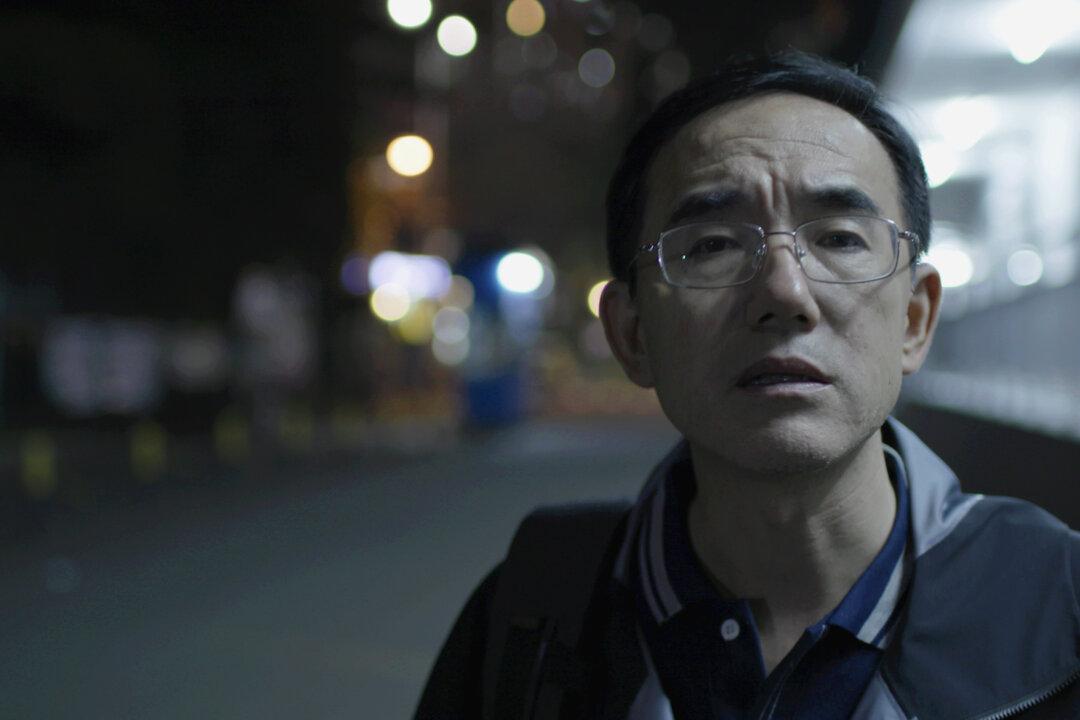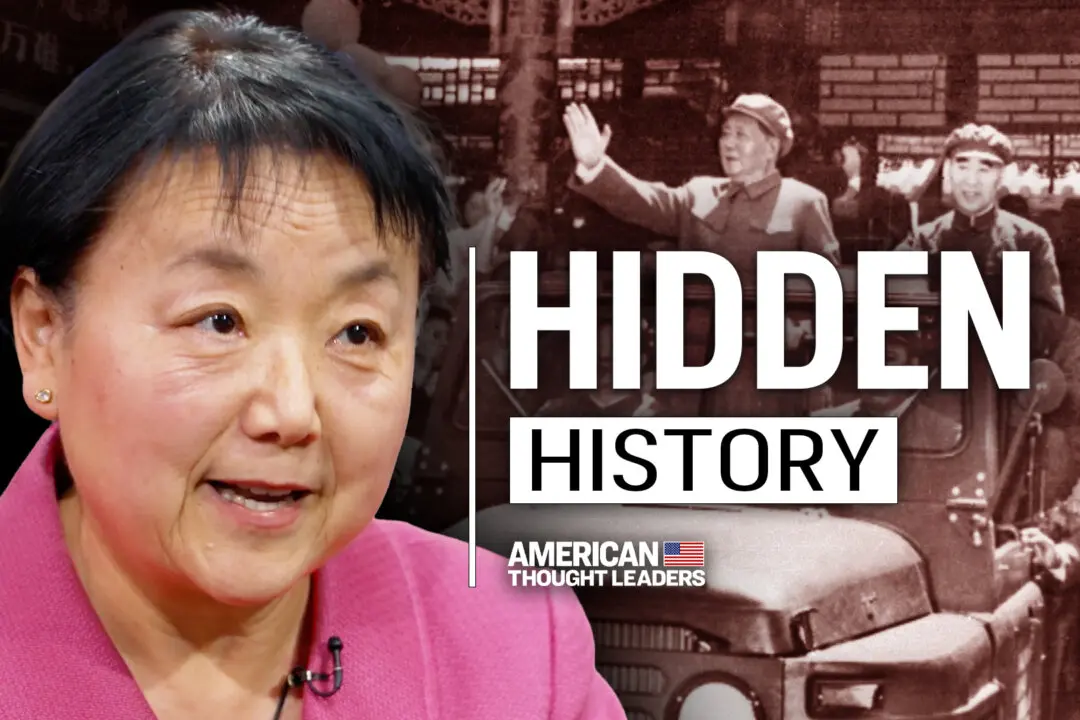NEW YORK—The award-winning documentary “Letter From Masanjia” was screened at New York University (NYU) Feb. 16, bringing awareness to egregious human rights abuses in China. The specifically film sheds light on the Chinese communist regime’s “re-education through labor” camps—a system whereby dissidents are arbitrarily imprisoned then used as slave labor to produce goods for export.
“The movie was very, very powerful. I’m still kind of processing it,” said Doug Rose, a student at NYU’s Wagner Graduate School of Public Service.





